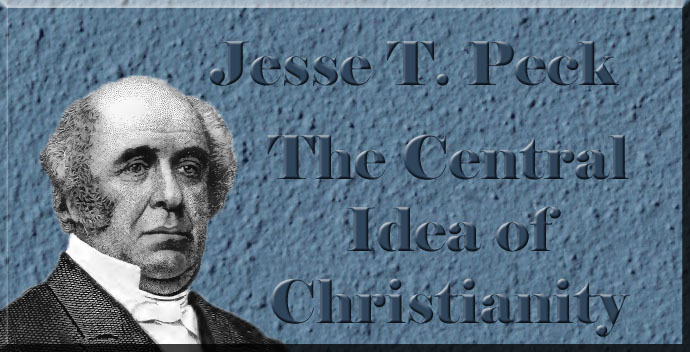
The Central Idea of Christianity
By Jesse T Peck
Table of Contents
|
Chapter I. - The Central Idea Ascertained.
Chapter II. - The Central Idea Defined.
Chapter III. - The Central Idea Neglected.
Chapter IV. - The Central Idea in Its Claims.
Chapter V. - The Central Idea in Its Councels.
Chapter VI. - The Central Idea in Its Appeals.
|
|
 |
 |
|
|
|
-
Site Navigation
 Home
Home What's New
What's New Bible
Bible Photos
Photos Hiking
Hiking E-Books
E-Books Genealogy
Genealogy Profile
Free Plug-ins You May Need
Profile
Free Plug-ins You May Need
 Get Java
Get Java.png) Get Flash
Get Flash Get 7-Zip
Get 7-Zip Get Acrobat Reader
Get Acrobat Reader Get TheWORD
Get TheWORD